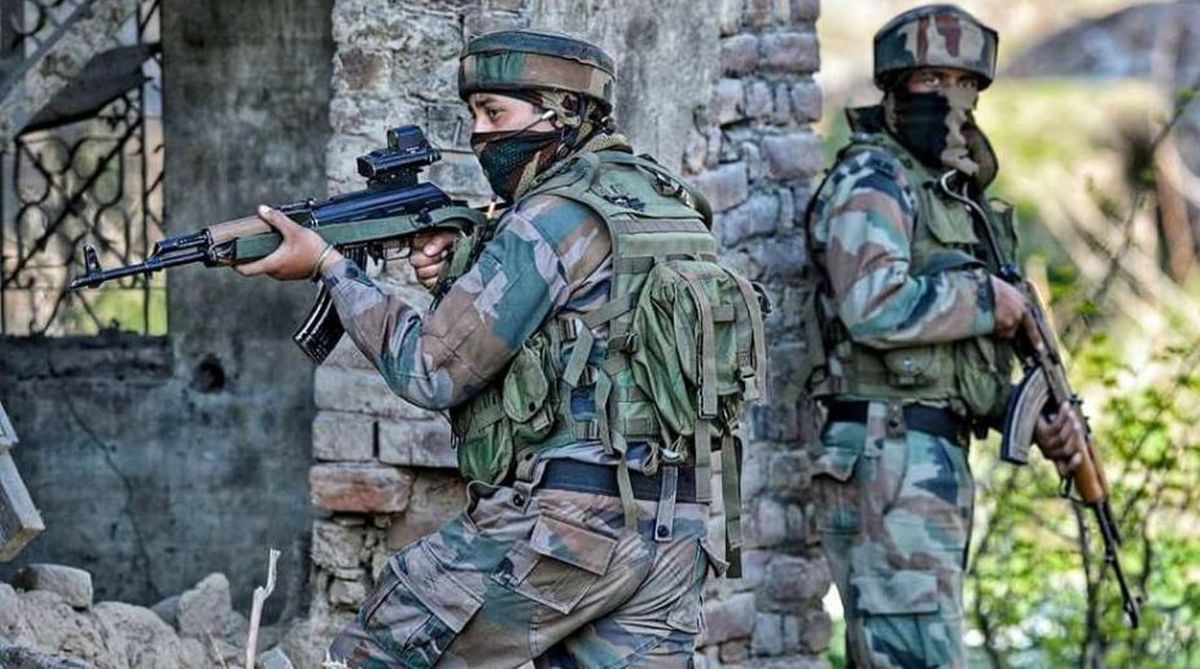Australia withdraws travel advisory for Assam except AFSPA-hit districts
Assam Chief Minister Himanta Biswa Sarma said on Thursday thatAustralia has withdrawn its travel advisory for Assam, allowing itscitizens to visit most parts of the state.

Representational Image (Photo: Facebook)
No Army relishes being tasked with internal security duties: particularly when the adversary has well-trained cadres, indoctrinated to believe they are battling against oppressive authoritarianism, and also enjoy a degree of local popularity that can translate into political support. Yet it is upon such duties that the Indian Army has earned its reputation and built traditions that distinguish between olive green and khaki.
That hallowed image is now in danger of being tattered after a Court Martial ~ not some allegedly motivated judicial authority ~ has convicted a major-general, two colonels and four soldiers for conducting a fake encounter that gunned down five activists of the All Assam Students Union way back in 1994.
Advertisement
That the general, two officers, and four soldiers have been sentenced to life imprisonment testifies to a sinister, despicable horror tale ~ it was a well-plotted killing that cannot be written off as the use of “excessive force” when negating a threat. It is also in keeping with the practice of fake encounters being staged to mislead the public that a specific terror foray has been avenged, neutralised, It also resonates with the Army theory that “they were AASU by day, ULFA at night” ~ the assassination of a tea planter being the immediate provocation ~ hence their elimination was to be applauded. True that the verdict of the Court Martial has to be confirmed by higher military authorities, yet valid reasons will have to be presented to the public if the court’s conclusion is to be diluted or reversed. Human Rights watchers will be monitoring how the horror story unravels.
Advertisement
The outcome of the matter under focus will surely impact the petition from a few hundred officers in the Supreme Court, cautioning against any dilution of the draconian Armed Force Special Powers Act, as advocated by the Law Commission and other legal panels. They also contend that in the absence of the AFSPA shield it will be difficult to counter terrorism and object to the hundreds of cases being probed by a court-appointed Special Investigation Team into allegations of fake encounters, wanton killings etc.
The response from the Defence Ministry to the petition has been wishy-washy: a Court Martial has now virtually exposed the theory that AFSPA gives the forces a blank cheque in parts of the North-east and J&K ~ the latter’s proximity to politically-sensitive New Delhi possibly keeps gung-ho soldiers on a leash, despite the present government’s muscular policy.
Nirmala Sitharaman and the Army Chief now have a balancing act to perform. They have to keep high the morale of the troops fighting insurgents, but must also honour the larger message sent out by the conviction of the officers and soldiers. All this when the government claims a special focus on the North-east and needs to script a new narrative to end the alienation that results from using military force against its own people.
Advertisement